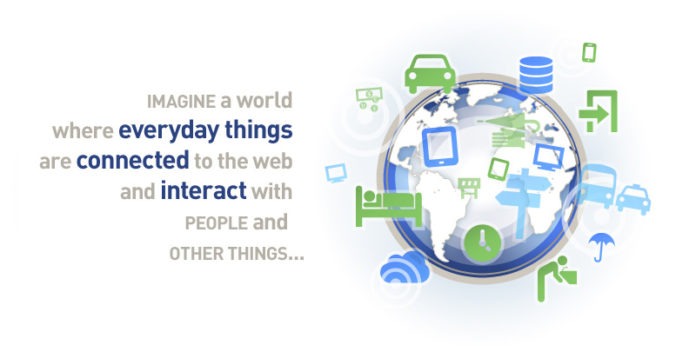McKinsey & Company recently published a discussion between Markus Löffler and Andreas Tschiesner of McKinsey with Siegfried Dais, deputy chairman of the board of management at Robert Bosch GmbH, and Heinz Derenbach, CEO of Bosch Software Innovations GmbH. Here are the key points…
The Internet of Things (IoT) is spreading its wings across industries, infrastructure, utilities, homes, and almost everywhere—just as it is meant to be. However, its first and greatest impact is expected to be in the industrial sector, where organised change is more feasible than in sectors where the public are involved. The discussion between the four experts highlights how the IoT is likely to change things in manufacturing and logistics. Here are the highlights of the discussion.
- Industry 4.0: The IoT has triggered the fourth industrial revolution (Industry 4.0) – comprising technological changes that will decentralise production control and trigger a paradigm shift in manufacturing. The world of production is likely to become more and more networked until everything is interlinked with everything else.
- Logistics: Logistics could be at the forefront of this shift; logistics and the supplier network will grow enormously more complicated. It will extend beyond the limits of individual factories to interconnect multiple factories and even regions.
- Math and algorithms: This will involve huge amounts of data, and the fundamental prerequisite for such a system is that it is stable and reproducible. This involves rigorous mathematics, and will depend on the work of algorithm specialists and software architects.
- Models: It is essential to translate the physical world into a format that can be handled by IT. One needs to create models for this.
- Fusion of devices and processes: In the connected world, we cannot separate the physical world from business processes. A physical device becomes an active part of a business process: delivering data, sending events, and processing rules.
- More integration: Mechanical engineering would also be inseparable from IT. The work flow ceases to exist as an independent logistical layer; it is integrated into the hardware. This trend is already becoming apparent. But it won’t happen overnight.
- Separation of design and production: Design companies have already separated design and production. They create products or solutions for customers but do not produce them; they simply provide the specifications to contract manufacturers, who then handle production. This trend of separating design and production will continue to spread across other industries and sectors.
With all this new information available—about inter-dependencies, the flow of materials, the cycle time, and so on—manufacturers can lower their inventory costs and reduce the amount of capital required. The opportunities presented by the Internet of Things are clear—but so are the challenges. As the experts feel, will the mathematicians come to our rescue?











